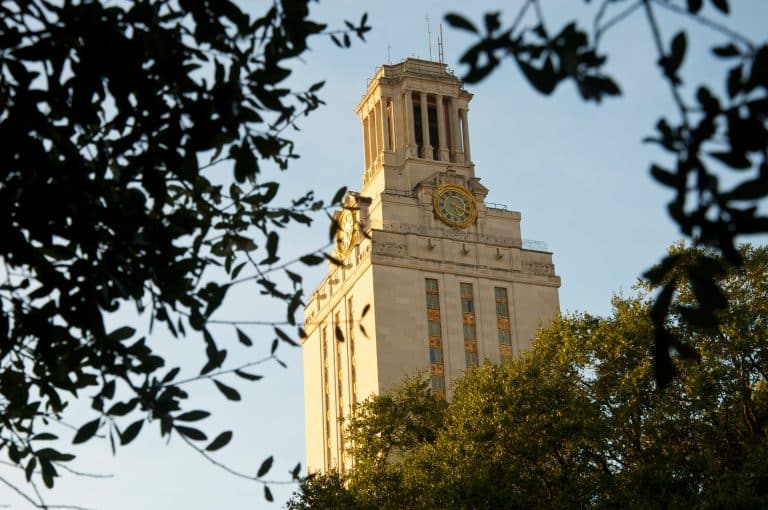My mom attended my dream university. I remember asking her in high school, so hopefully, “That means I’m a legacy, which means I have a higher chance of getting accepted, right?” She laughed and said, “I doubt it. I think they only care if I work at the school… or donated a new wing to their library or something.” After that conversation, I figured name-dropping might not really help me (but of course I did anyway). So, did it help me? Do schools even really care if your family members attended?
First, let’s understand the “legacy” concept. If you have a parent who attended the school, you’re considered a “primary legacy.” If you have a sibling, grandparent, aunt, uncle, cousin, and so on that attended, you’re considered a “secondary legacy.” Schools will ask for any familial connection you have to the school, so it’s important to know both.

According to data collected by Naviance, the answer seems to be yes, being a legacy student can bolster your chances of being accepted. “The average acceptance rate across these institutions was 31 percentage points higher for legacy applicants than the colleges’ published acceptance rate for all students. The acceptance rate for legacy applicants was above average for 52 institutions and lower than average at 12 institutions,” writes Inside Higher Ed.
Even more astonishing? “Primary legacy students are an astonishing 45% more likely to get into a highly selective college or university than a non-legacy. Secondary legacies receive a lesser pick-me-up of 13%,”according to College Transitions. It seems like legacy does indeed make a big impact on your odds of being accepted, which should come as great news for anyone hoping to follow in their parents’ footsteps.
But, like everything else with the college admissions process, things aren’t necessarily so black and white. Yes, being a legacy applicant can improve your chances of being accepted – but only if the rest of your transcript is up to snuff. Don’t expect to waltz into your top choice school with grades and test scores below their average, simply because your mom graduated from there decades ago. Legacies go straight into the “no” pile if they aren’t on par with other applicants. Your mother’s history at the school may simply act as a tiebreaker if you’re being considered with another, non-legacy student.

Another thing to consider: some schools only consider legacy status during Early Decision and Early Action application rounds. If you have your heart set on a school, make sure to touch base with an admissions counselor to clarify what that specific school’s protocol is. Plus, if you have your heart set on a certain school… I’d highly recommend you apply early regardless!
So, what’s the moral of the story? In simplest terms, being a legacy can help you gain acceptance into your first choice school, but only if the rest of your credentials meet the school’s standards. Study hard, build an impressive transcript, write the best essays you can possibly write, and your legacy status may just be the cherry on top.




